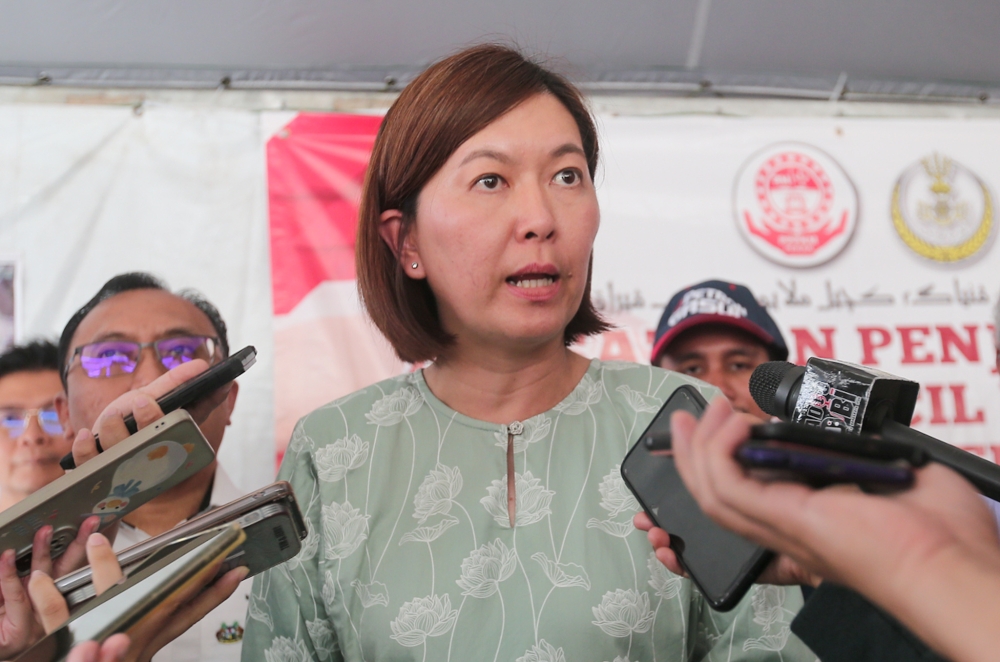IPOH, Jan 24 — After the introduction of electric buses for Taiping’s heritage trail, the Ipoh City Council is now planning a more comprehensive electric bus service in Ipoh.
Perak local government committee chairman Sandrea Ng Shy Ching, who confirmed the matter, said the plans for introducing an electric bus service in Ipoh are still at the preliminary stage.
“The electric shuttle bus service in Ipoh is still under study and survey phase.
“Many details, such as the fare structure, routes and management, have not been finalised yet,” she told Malay Mail.
Unlike Taiping’s electric bus service, which operates on an 11.5km heritage trail route, Ng said Ipoh’s electric bus service will be more comprehensive.
“Taiping Municipal Council launched their electric bus service for a heritage route in 2023, supported by a donation from the Japanese government via the Japan International Cooperation Agency (JICA).
“While Ipoh won’t be the first (to introduce electric buses in the state), our service is planned to be more comprehensive in scale,” she explained.
Ng also noted that having the electric shuttle bus service in the city will boost the construction of more electric charging stations.
“This new service will certainly play a role in promoting more charging infrastructure and advancing our goal of making Ipoh an electric-vehicle (EV) friendly city,” she said.
The plans for introducing an electric shuttle bus service align with the recent announcement of a new modern transportation hub — The Ipoh Sentral, which will be built next to the city’s iconic railway station.
The transit-oriented development (TOD) project, which is divided into two phases, is expected to begin in six months.
The project, which will be completed in a span of 20 years, is expected to integrate various public transportations, such as rail and bus services, with mixed-use developments including housing, business and recreation.
Transport Minister Anthony Loke said the Ipoh Sentral project has the potential to transform Ipoh’s urban landscape, making it more efficient, people-friendly and sustainable.
“This concept will not only reduce reliance on private vehicles but also contribute to lowering carbon emissions in line with the country’s climate change agenda,” he said.
A public survey is currently being conducted by the Ipoh City Council to get feedback from the public on shifting from existing bus services to the electric shuttle bus service in the city.
The public can participate in the survey via the city council’s website, where the questionnaire is provided in three languages.
The website stated that the survey consists of 20 to 30 questions and will take approximately three minutes to complete. The survey ends on February 9.
While the cost of purchasing an electric vehicle, including buses, is higher compared to petrol-fuelled vehicles, reports show that bus companies could slash almost half of their operational costs by transitioning to electric buses.
On November 7 last year, Bernama reported that Rapid Bus Sdn Bhd (Rapid Bus) is projecting savings of up to 30 per cent in maintenance costs and more than 50 per cent in energy costs with the full adoption of electric vehicles by 2037.
Rapid Bus chief executive officer Muhammad Yazurin Sallij said the projections were based on nearly 10 years of operating data from 15 electric buses on the Bus Rapid Transit (BRT) service along the Sunway Route, which had shown lower operational costs.

